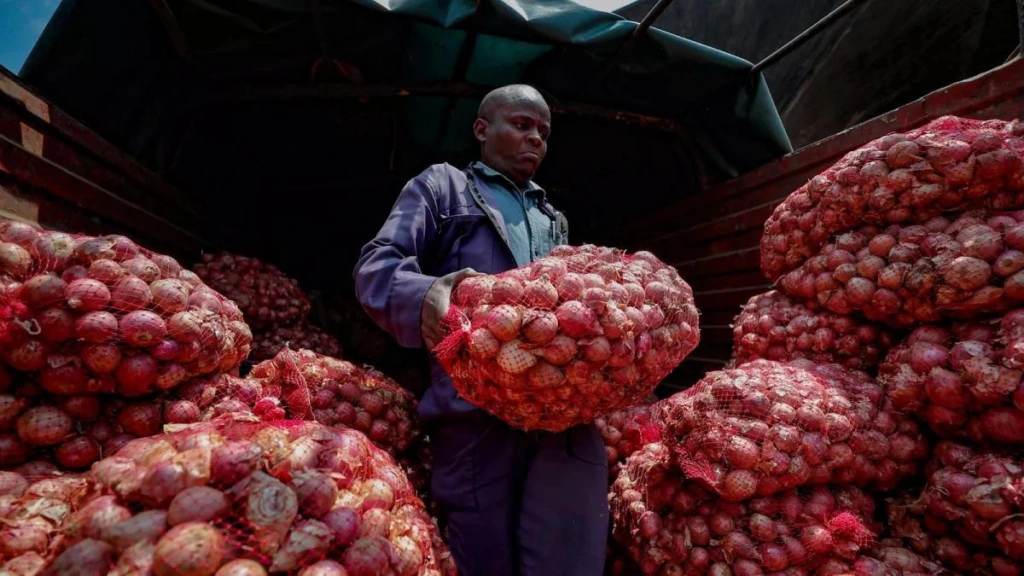
Introduction
Climate change is increasingly affecting global agriculture, with onion production being no
exception. As a staple in many cuisines worldwide, onions are crucial for both economic and
nutritional reasons. Understanding how climate change impacts onion farming is essential for
developing strategies to ensure future production stability.
1. Overview of Onion Production
- Importance of onions in global agriculture.
- Major onion-producing countries.
- Typical growing conditions and practices.
2. Effects of Climate Change on Onion Growth
- Temperature Fluctuations: Onions are sensitive to temperature changes, which can affect bulb formation and yield. Increased temperatures can lead to premature bolting (flowering), reducing bulb size and quality.
- Water Availability: Changes in precipitation patterns and increased evaporation rates can lead to water stress. Onions require consistent moisture, and drought conditions can significantly impact yields.
- Extreme Weather Events: Increased frequency of storms, heavy rainfall, and flooding can damage crops and disrupt planting and harvesting schedules.
- Pest and Disease Pressure: Warmer temperatures and higher humidity can create favourable conditions for pests and diseases, which can further threaten onion crops.
3. Adaptation Strategies
- Developing Resilient Varieties: Research into onion varieties that are more tolerant to heat and drought.
- Improved Irrigation Techniques: Implementing water-efficient irrigation systems, such as drip irrigation, to manage water resources better.
- Crop Management Practices: Adjusting planting and harvesting times to avoid extreme weather conditions.
- Integrated Pest Management (IPM): Employing strategies to monitor and control pests and diseases more effectively.
4. Case Studies
- India: Impact on onion production and adaptation measures taken by local farmers.
- USA: Changes in onion farming practices in regions affected by climate change.
- Netherlands: Innovations in onion cultivation and technology adoption to cope with climate related challenges.
5. Future Outlook
- Research and Innovation: Ongoing research efforts to develop climate-resilient onion varieties and farming practices.
- Policy and Support: The role of government policies and support systems in helping farmers adapt to climate change.
Conclusion
The impact of climate change on onion production is multifaceted, affecting growth conditions,
yield, and quality. By adopting adaptive strategies and supporting research and innovation, the
onion industry can better navigate the challenges posed by a changing climate and ensure
sustainable production for the future.
Call to Action
Encourage readers to stay informed about climate change and its effects on agriculture, support
sustainable practices, and advocate for policies that address the challenges faced by farmers.
